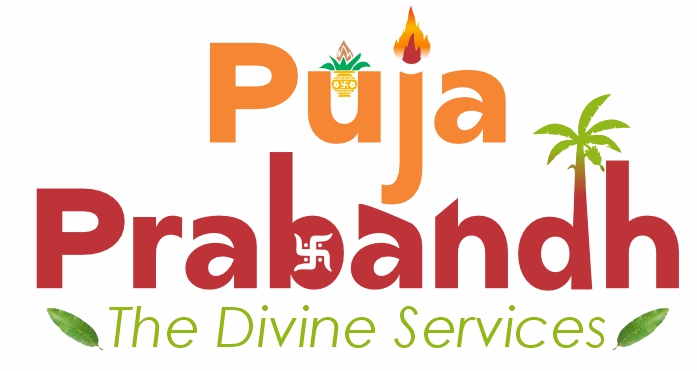Maha Shivaratri, meaning “The Great Night of Shiva,” is a significant Hindu festival dedicated to Lord Shiva, the destroyer and transformer in the Hindu trinity. It falls on the 14th night of the dark fortnight in the month of Phalguna (February–March).
🕉️ Spiritual Significance
Maha Shivaratri marks the divine marriage of Lord Shiva and Goddess Parvati and is also believed to be the night when Lord Shiva performed the Tandava, the cosmic dance of creation and destruction. The festival symbolizes overcoming darkness and ignorance in life and the world.
🙏 Maha Shivaratri Puja Rituals
- Fasting (Vrat):
- Devotees observe a strict fast, abstaining from food or consuming only fruits and milk, dedicating the day to prayer and meditation.
- Shiva Lingam Abhishekam:
- The Shiva Lingam is bathed with milk, water, honey, curd, ghee, and sugar, accompanied by the chanting of “Om Namah Shivaya”.
- Offerings also include bel (bael) leaves, white flowers, and dhatura fruit.
- Night Vigil (Jagaran):
- Devotees stay awake all night in temples or at home, singing bhajans and devotional songs in honor of Lord Shiva.
- Mantra Chanting:
- Continuous chanting of the Maha Mrityunjaya Mantra and Shiva Chalisa is performed to invoke divine blessings.
- Temple Visits and Darshan:
- Shiva temples are crowded with devotees offering prayers and seeking blessings for peace, health, and spiritual elevation.
🌼 Message of Maha Shivaratri
Maha Shivaratri teaches devotion, discipline, and inner awakening. It reminds us to destroy negativity, ego, and ignorance and embrace spiritual consciousness through prayer and meditation.

